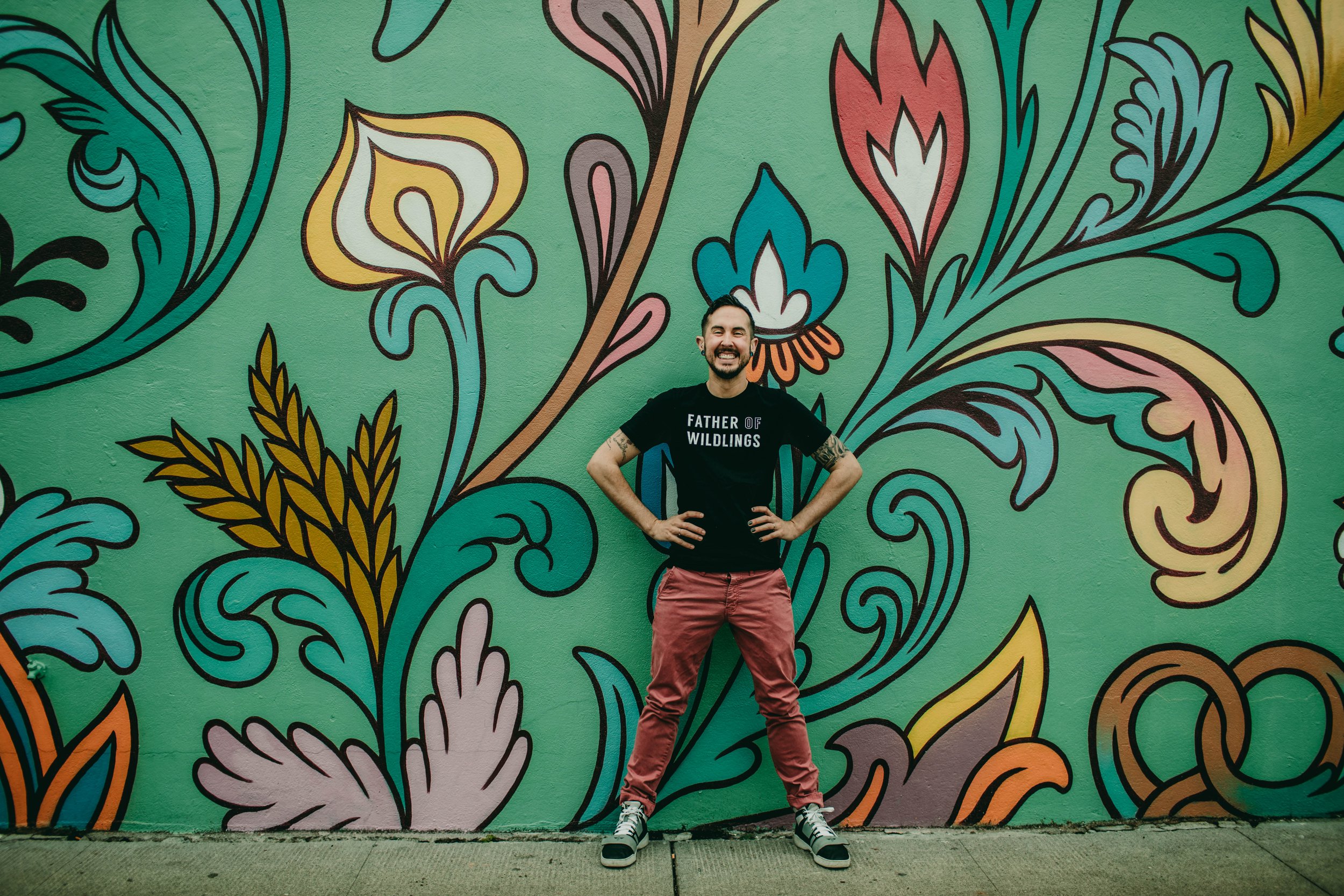High-Impact Workshops and Learning Experiences
Our workshops are designed to equip leaders and employees with the practical skills, confidence, and strategies they need to navigate workplace challenges, foster resilience, and build inclusive, high-performing teams. Whether you’re looking to strengthen leadership, improve communication, or create a workplace where everyone thrives, these engaging, high-impact sessions will leave your team inspired, informed, and ready to take action.

Cultures of Care: Supporting Marginalized Employees in Challenging Times
In times of turmoil, marginalized employees are asked to bear the incredible burden of their everyday work AND additional stressors on their immigration status, family safety, and profound uncertainty. As an HR leader or people manager, you may be conflicted about what to ask (and what to offer) to employees who are struggling. This session, co-facilitated by a leadership development expert and a therapist, offers concrete strategies for supporting marginalized employees when times are tough.

Thanks for the Feedback: The Art of Giving and Receiving
Feedback is essential for personal growth, organizational success, and deepening relationships, yet it is often avoided or mishandled due to fear, rejection sensitivity, or discomfort with conflict. This workshop equips participants with tools and strategies to give and receive feedback effectively, fostering a culture of trust, accountability, and openness.

Thinking Differently: Neurodivergence at Work
Neurodivergence can present in many positive ways— people with ADHD are quick to process and integrate new information into their work, and autistic employees are often adept at focusing on projects for long periods of time. But workplaces are largely created for neurotypical staff members, resulting in conflict and even underperformance from those whose neurotypes differ from the norm. As an effective manager, you know that it’s not possible (or appropriate) to force a neurodivergent employee to think the way everyone else does… but how do you leverage the unique strengths and mitigate the challenges of autistic employees? How do you help employees with ADHD organize and prioritize their work?

They/Them/Theirs: Understanding Gender in the Workplace
More and more people are coming out as non-binary, or otherwise need unique considerations around their names and pronouns. But some employees struggle with this shift, not understanding the importance of respectful pronoun usage or simply finding it difficult to adjust their language to keep up with the times. This shame-free workshop teaches the ins and outs of proper pronoun usage at work, providing an interactive journey through the what, why, and how of inclusive pronoun practices.

How to Survive a Plague: Direct Action during the AIDS crisis
For most of us, COVID-19 is the first pandemic we’ve experienced. But for the LGBTQ community, a mysterious illness that sweeps the nation, taking the lives of friends and family, isn't new at all.
Join renowned educator Trystan Reese as he explores the untold story of the AIDS epidemic.

Alternative Facts: Combatting Misinformation on Trans Communities
This session provides vital insight into the inner workings of the anti-trans movements worldwide, situating modern political attacks in a larger timeline of opposition to transgender lives and humanity.

You Don’t Know What You Don’t Know: Cultivating Cultural Agility
Cultural humility teaches us that we can never truly understand cultures that are different from ours, but we can seek to be open and curious and (dare I say it) humble when working with populations we don’t personally identify with.

Allyship Intensive: Four-Part Series
Many organizations have already moved past the basics of allyship— they’ve developed employee resource groups and have received training on microaggressions, systemic bias, and the like. For these teams, action is called for! This four-part series will help your organization put the theoretical ideas of DEI into practice.

Open Doors: LGBTQ+ Inclusion in the Workplace
Open Doors: LGBTQ+ Inclusion in the Workplace is an accessible introduction to LGBTQ+ concepts. The session covers the basics of LGBTQ+ language, which is especially useful for learners who are new to the topic. Then, learners are guided through a three-step tool to help them master gender-neutral pronouns, including a helpful model for rebuilding trust when they’ve made a mistake. The session concludes with concrete takeaways that empower learners to continue their journey as supportive allies of their LGBTQ+ customers and colleagues.

Keeping Your Cool: Effective Allyship Engagement
All too often, individuals who want to create inclusive environments struggle to engage effectively across lines of difference. Discussions can get heated while everyone tries to keep their cool while discussing issues of diversity, equity, and inclusion, and it can be difficult to know how to navigate multiple points of view.

A Thousand Cuts: Understanding and Addressing Microaggressions
A commitment to inclusion begins with how staff members treat each other; it begins with how each person’s value is recognized within the organization.
